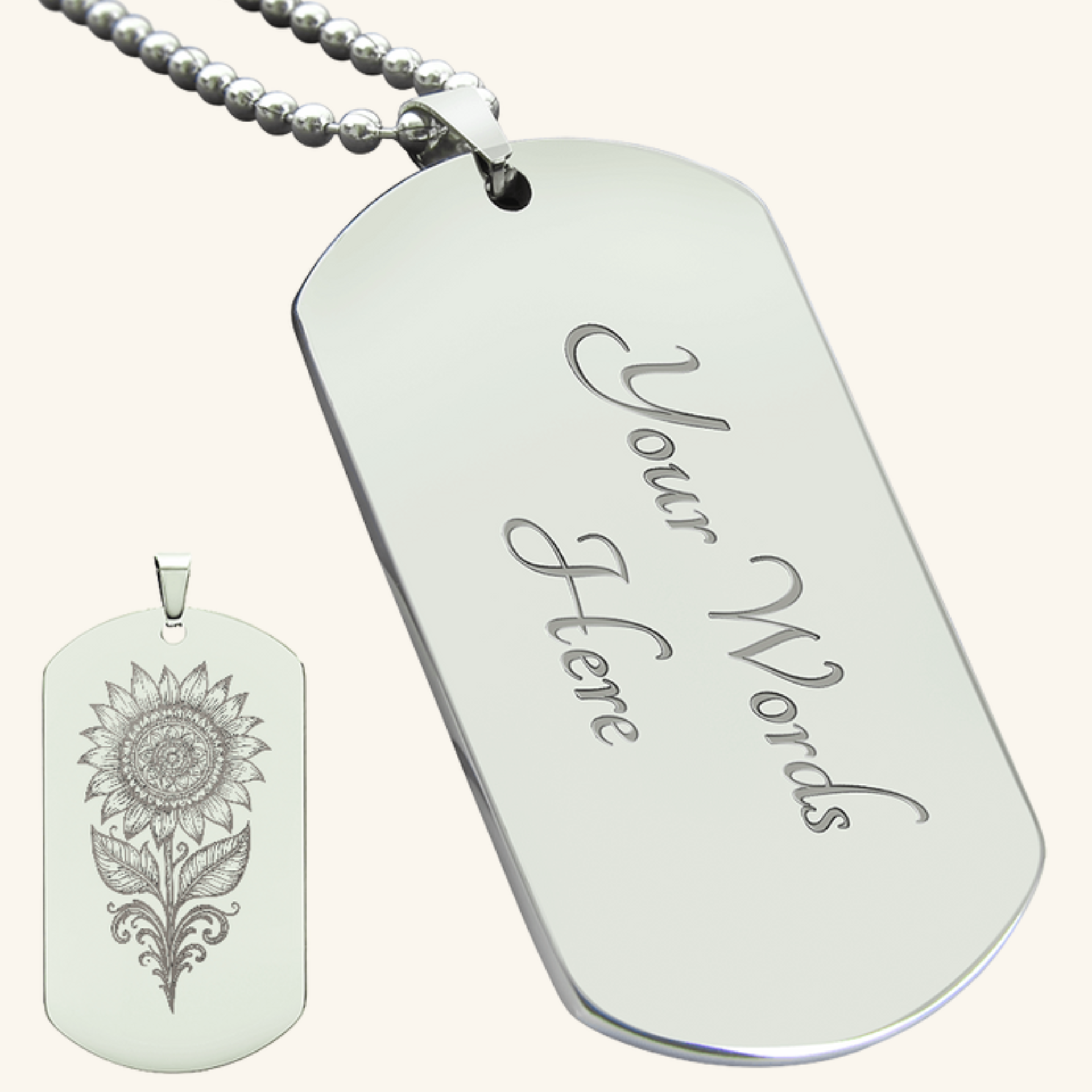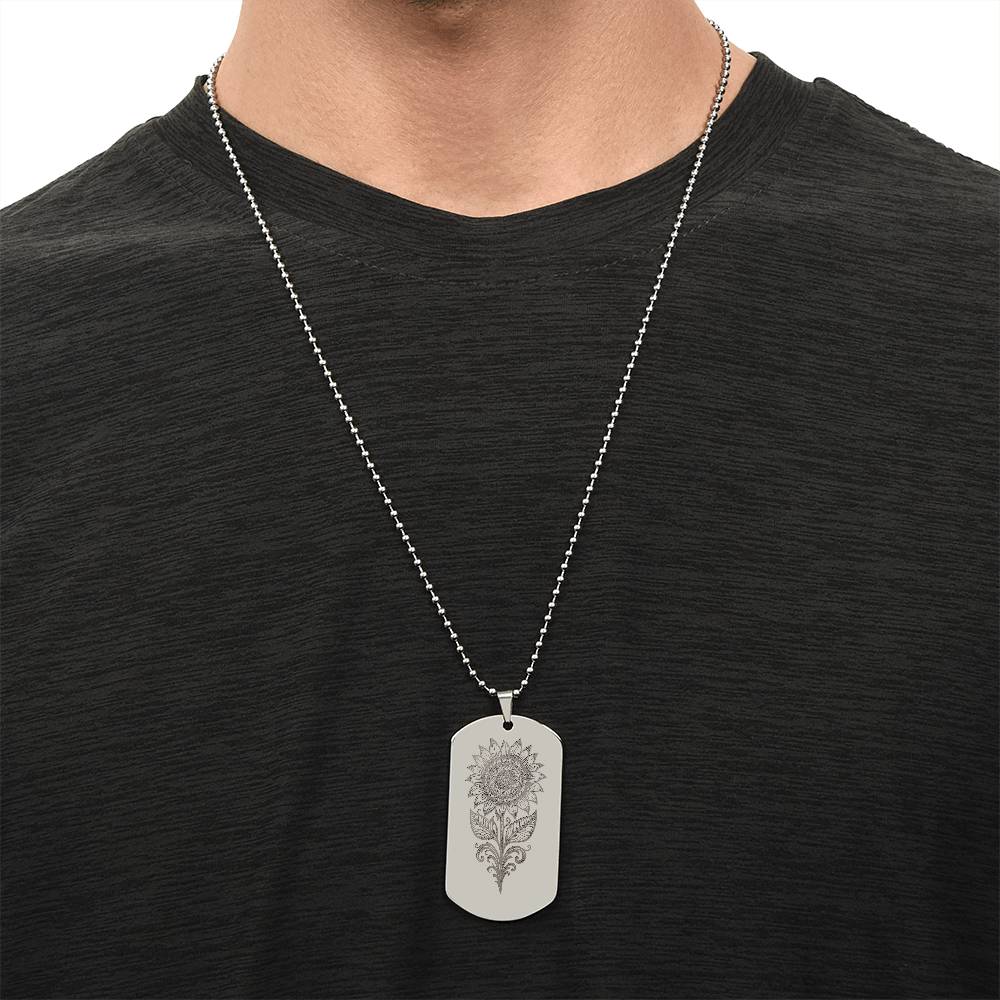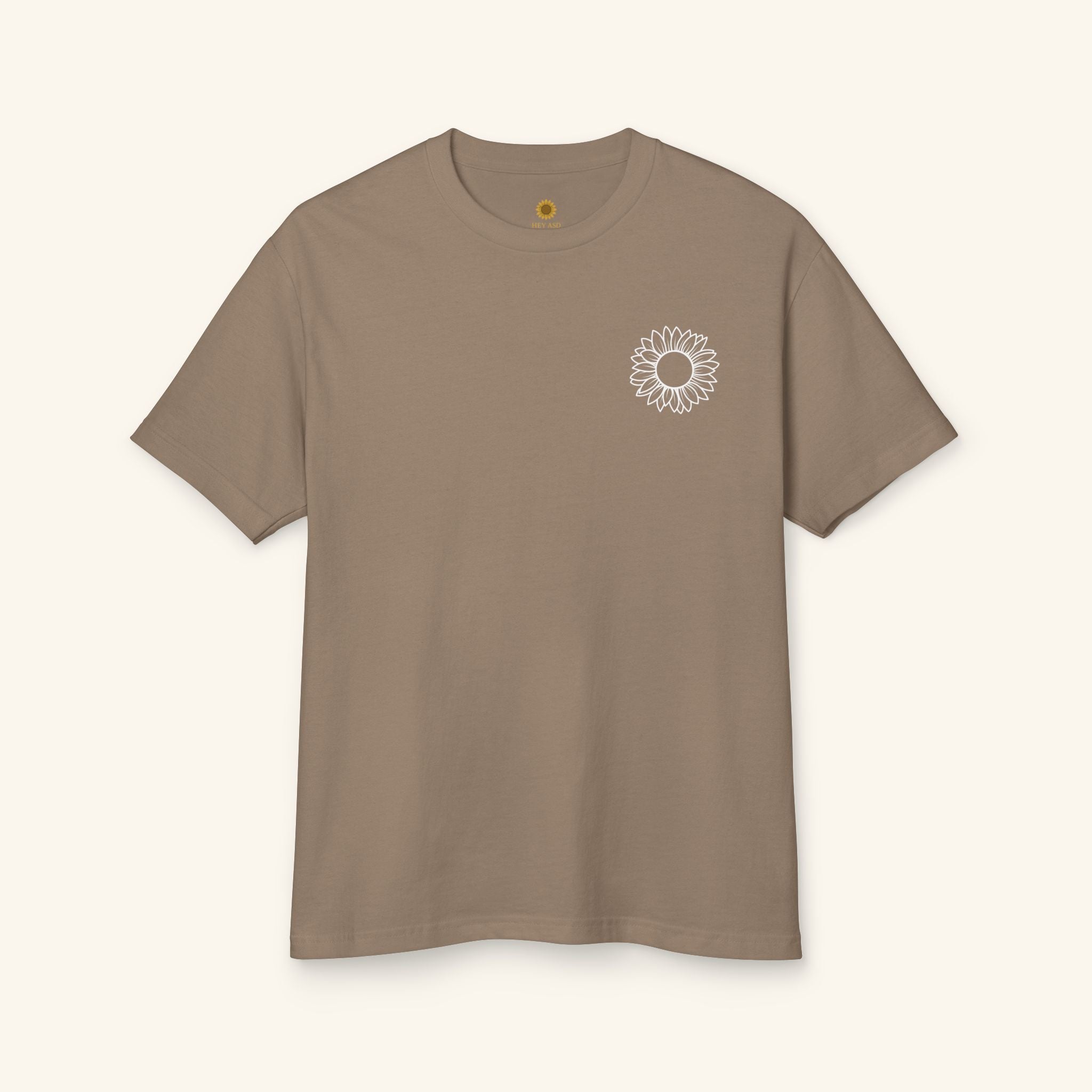The Role of Autism Biomarkers in Research

Written by HeyASD.com Team
On This Page
Community Favourites
Frequently asked questions
What are autism biomarkers and how do they help in understanding autism?
How is current autism research using biomarkers to improve diagnosis?
Can autism diagnosis tools detect autism early in children?
What sensory-friendly living tips can support someone with autism daily?
Are there calming blankets or sensory tools that can help with sensory overload?
Where can I find reliable disability support resources for autism?
How do autism biomarkers contribute to personalized support plans?
What should I know about the latest advances in autism research?
How can Autism-themed decor or clothing create a more inclusive environment?

About the HeyASD.com Team
Autistic‑owned • Values‑led • Sensory‑friendly design
We are autistic creators, writers, and advocates dedicated to producing resources that are practical, sensory-aware, and grounded in lived experience. Our mission is to make information and products that support the autistic community accessible to everyone, without jargon or condescension. Learn more about our team.
This article is written from lived autistic experience and an evidence-aware perspective. It is for general informational purposes only and should not be taken as medical, legal or therapeutic advice.
Always consult a qualified clinician or occupational therapist for individual needs and circumstances.

About Our ASD Blog
HeyASD is more than a store, it’s a calm, supportive space for autistic adults and the people who care about them. Explore identity-affirming stories, sensory regulation tools, and uplifting resources from our community.
Thank you for reading. We hope these resources bring comfort and clarity.































